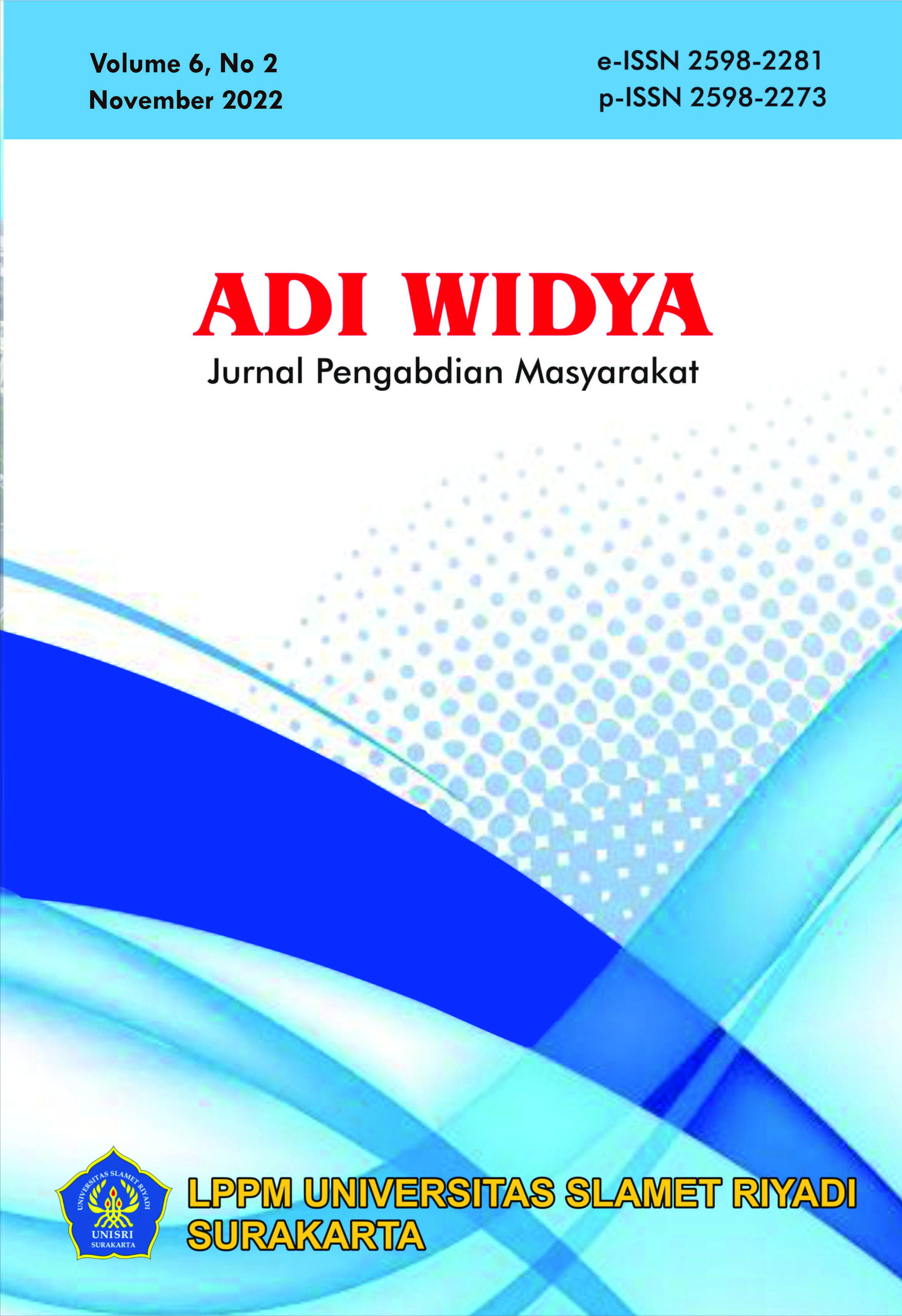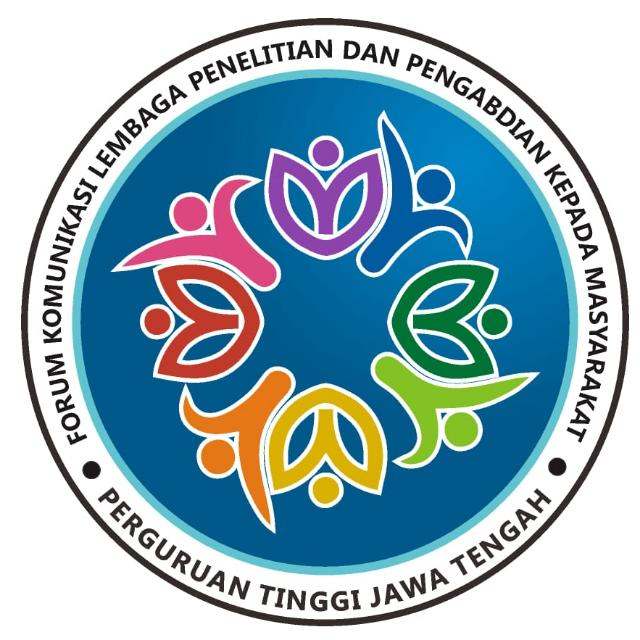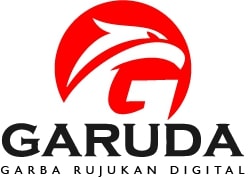PELATIHAN HAMICARA JAWA PADA KARANG TARUNA DI KABUPATEN SUKOHARJO
DOI:
https://doi.org/10.33061/awpm.v6i2.7699Abstract
Hamicara Jawa or speaking Javanese is one of the language skills that must be preserved and developed, as an effort to maintain and revitalize regional languages among the millennial generation. So, the service team of the Javanesse Education Language Study Program provided good and good hamicarajawa training for youth groups in Sukoharjo district. The method applied is to provide training and mentoring for hamcara Jawa using modeling techniques and direct practice. The result of this service is that youth organizations in the district of Sukoharjo who incidentally still use Javanese as their mother tongue and are used in traditional ceremonies or daily activities can use the good and correct Javanese language. This is in accordance with the purpose of service, namely providing assistance and training to youth youth groups so that they can use good and correct Javanese language in speaking in society, especially hamicara Jawa in community activities and Javanese traditional ceremonies. As an effort to preserve and develop regional languages, especially Javanese, Surakarta style
Downloads

Downloads
Published
How to Cite
Issue
Section
License
Copyright (c) 2022 Winda Lestari

This work is licensed under a Creative Commons Attribution-NonCommercial-ShareAlike 4.0 International License.
- Hak publikasi atas semua materi informasi yang tercantum dalam situs jurnal ini dipegang oleh dewan redaksi/editor dengan sepengetahuan penulis. Pengelola Jurnal akan menjunjung tinggi hak moral penulis.
- Aspek legal formal terhadap akses setiap informasi dan artikel yang tercantum dalam situs jurnal ini mengacu pada ketentuan lisensi Creative Commons Atribusi-NonCommercial-No Derivative (CC BY-NC-ND), yang berarti bahwa hanya dengan izin penulis, informasi dan artikel Jurnal PKM dapat didistribusikan ke pihak lain dengan tanpa merubah bentuk aslinya untuk tujuan non-komersial.
- Setiap terbitan Jurnal PKM, baik cetak maupun elektronik, bersifat open access untuk tujuan pendidikan, penelitian, dan perpustakaan. Di luar tujuan tersebut, penerbit atau pengelola jurnal tidak bertanggung jawab atas terjadinya pelanggaran hak cipta yang dilakukan oleh pembaca atau pengakses.











